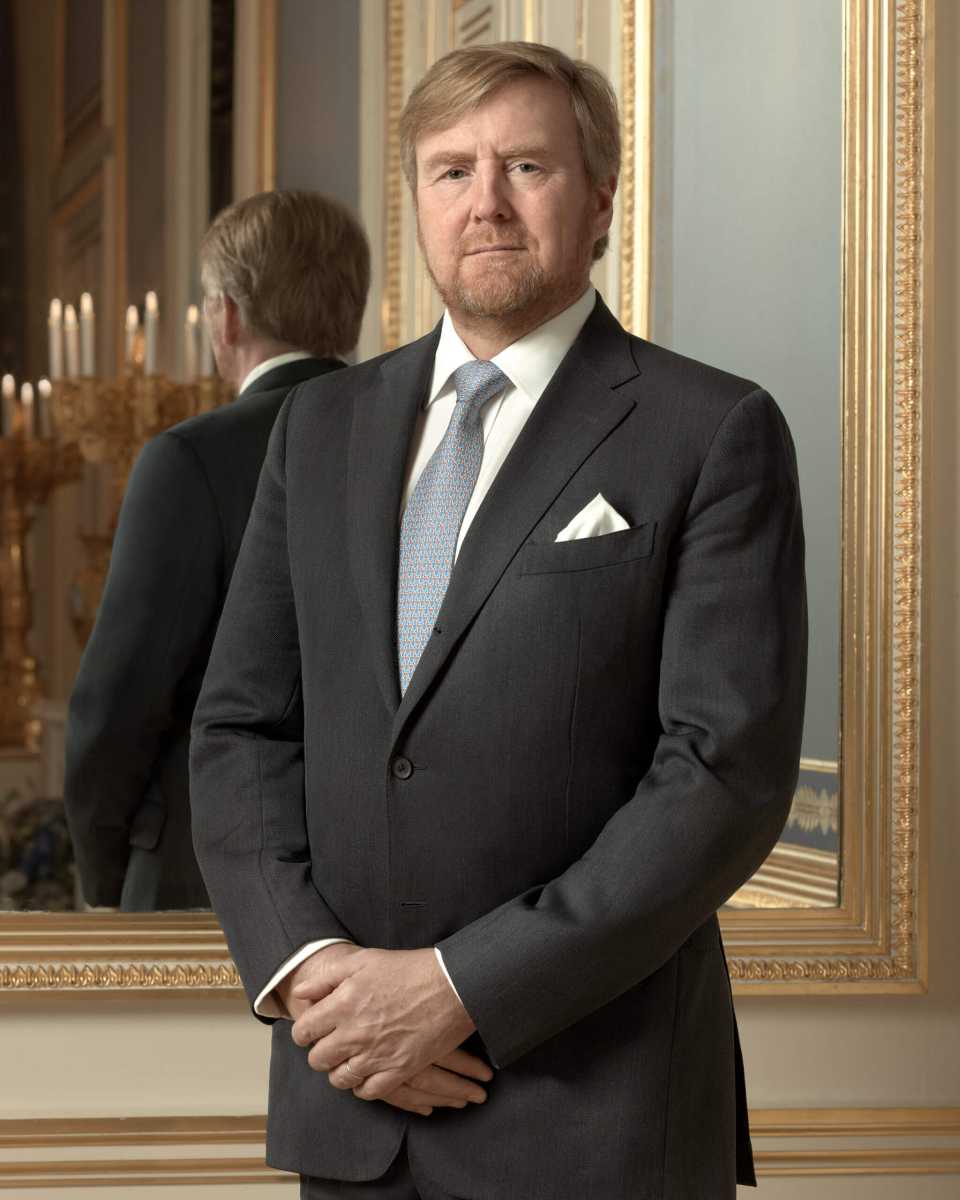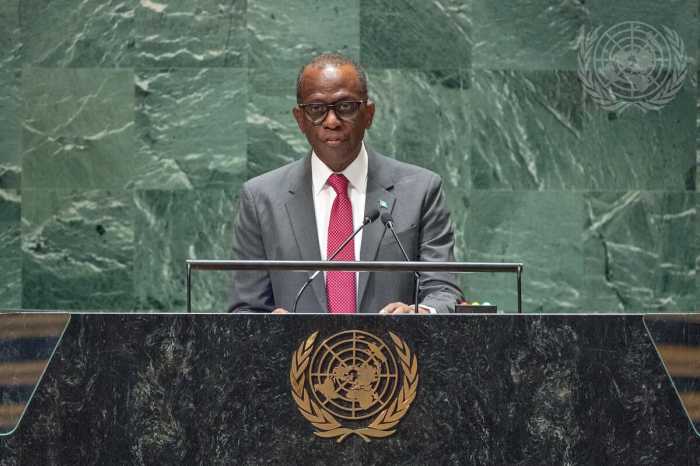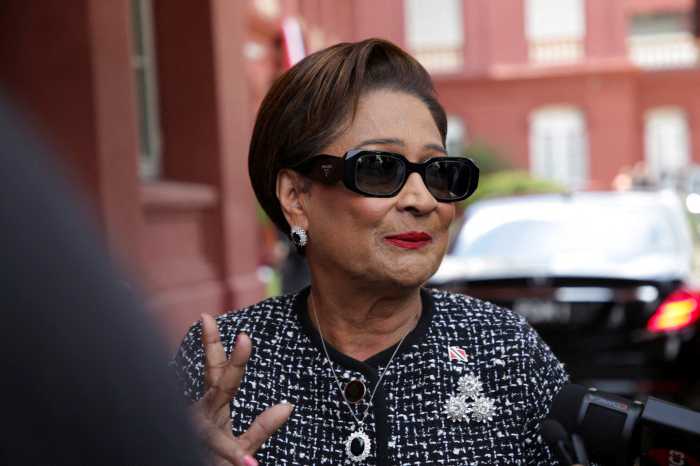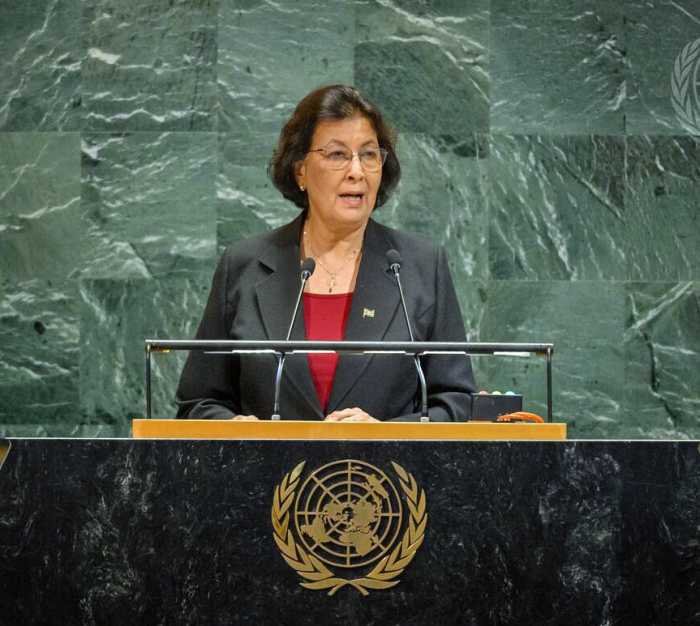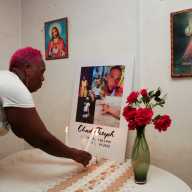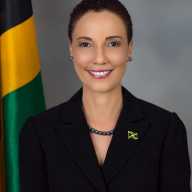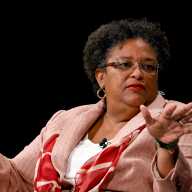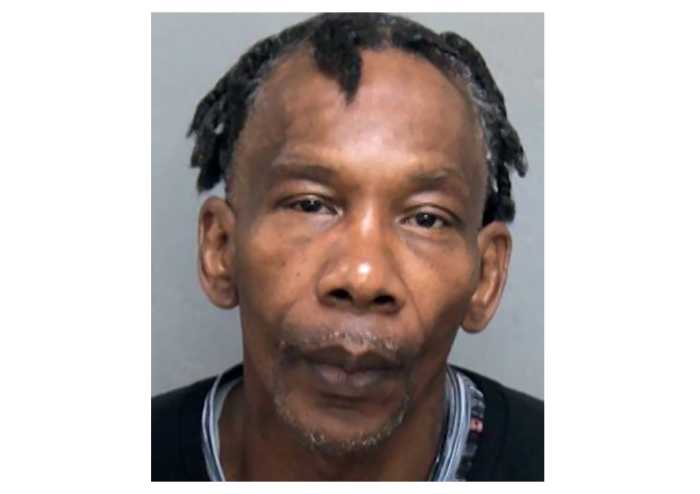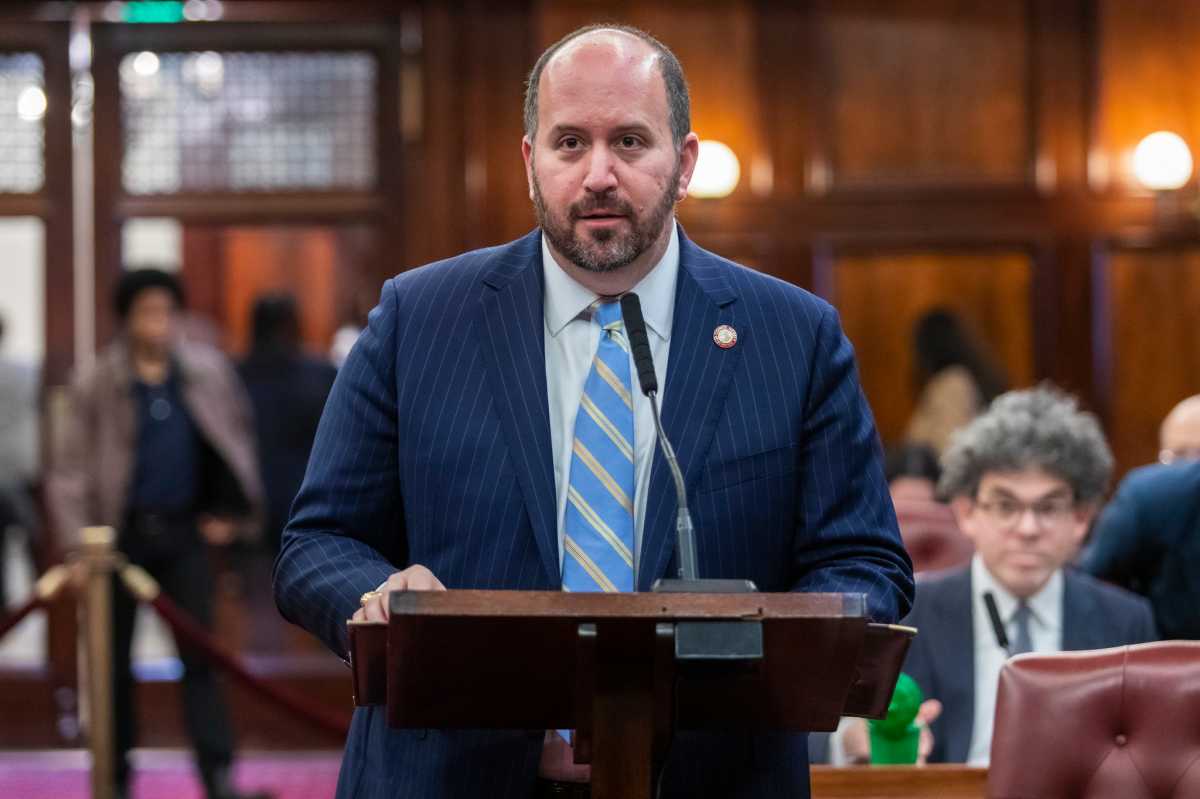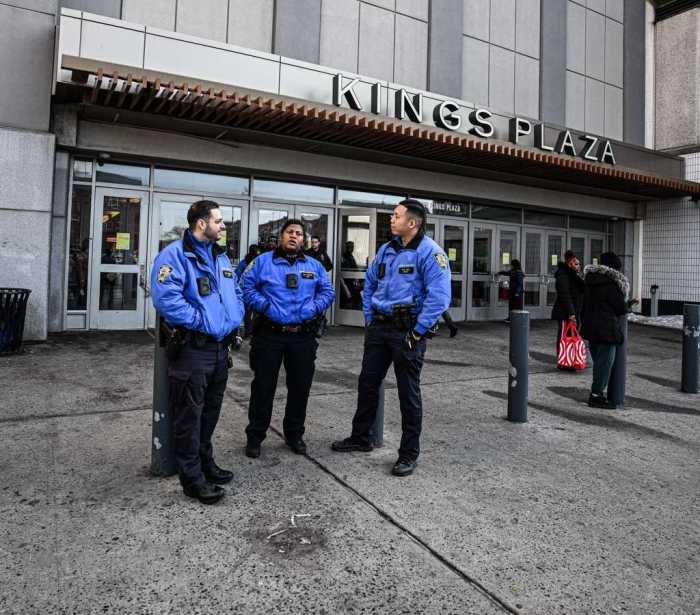This week, one of the resource-rich countries in the Caribbean Community marks 50 years of independence, with a focus on offshore oil and gas discoveries that could potentially transform it into one of the region’s most prosperous nations.
In early 1975, Surinamese Prime Minister Henck Arron announced to parliament that the Dutch-speaking colony would gain independence on Nov. 25, 1975. Suriname would then join its Caribbean neighbors, many of which had already gained independence, mostly from Britain.
But just five years after this achievement, a group of mostly non-commissioned military officers overthrew Arron’s government in a military coup, citing rising dissatisfaction with wages and salaries, working conditions, and the general level of disorganization in the country’s then-fragile multiracial government.
From 1980 to 1987, the military controlled the country, during which time the economy declined. The Netherlands and other Western nations, working with local guerrilla groups, attempted to undermine the progress made by these administrations. This led to a violent internal conflict between the military and the guerrillas. About 500 people died, including over 50 in a southeastern village near French Guiana, where soldiers killed elderly people, women, and children because they did not provide information on the rebels’ whereabouts.
Before the internal war, in December 1982, soldiers also executed 15 opponents of the administration. These individuals were allegedly plotting with Western nations to undo the coup. Among the 15 were four journalists. Chief coup leader and later two-time elected civilian president Desi Bouterse was later convicted and sentenced to 20 years in prison for ordering these executions, along with four other former soldiers. He died late last year while hiding in the interior and never served time in prison. Of the other four, three are currently in prison and one remains at large.
As Suriname celebrates its 50th anniversary of independence this week, a sense of hope is palpable, with expectations that offshore oil and gas production, set to begin in 2028, will accelerate development throughout the entire country, particularly in the underdeveloped interior.
President Jennifer Simons, 71, leads a multiparty coalition that won the general elections earlier this year. She is the country’s first female head of state and has said better times are ahead for Suriname’s 600,000 residents.
“I come into this position to serve, and I will use all my knowledge, strength, and dedication to make our wealth available to all our people, but with special attention to our youth,” she said recently.
Commenting on the state of the country at age 50, social activist Eduard Hartgens says Suriname has endured some major setbacks and crises but remains in a position to recover and prosper, thanks to the prospect of oil and gas production in the near future.
“For the first time in a long time, a realistic hope is emerging: oil and gas offshore. Starting in 2028, revenues could be substantial. They can build schools, repair roads, modernize greenhouses, and reduce inequality. But they can just as easily burden the country again if old habits prevail. Five decades later, that same country stands at a crossroads, not a failure, not a success, but unfinished. Not a somber story, not a triumph. Suriname is, above all, a country still searching for what it wants to be,” he said in a media posting.
Hartgens also referred to significant events like the 1980 and 1990 coups, the 1982 mass murders, and the June 1989 crash of a Surinamese Airways plane near the main airport, which killed 178 of 187 on board, including top soccer players. He mentioned the decline of the crucial bauxite industry, ongoing corruption, and continuing Dutch influence, despite fifty years of independence.
In early December, Dutch King Willem-Alexander and Queen Máxima will be in Suriname to continue the celebrations. Local NGO and reparations groups say they will raise the reparations issue with the King, who had formally apologized for the brutal role of the Dutch in the Atlantic slave trade.


